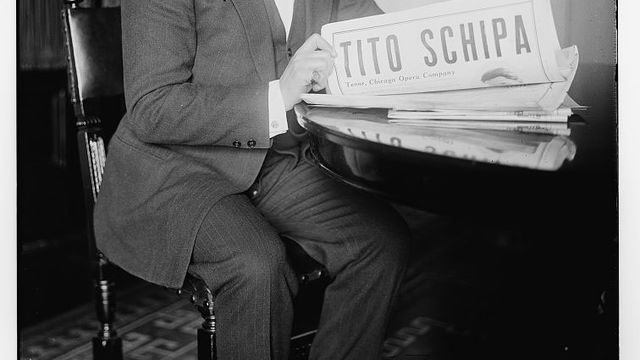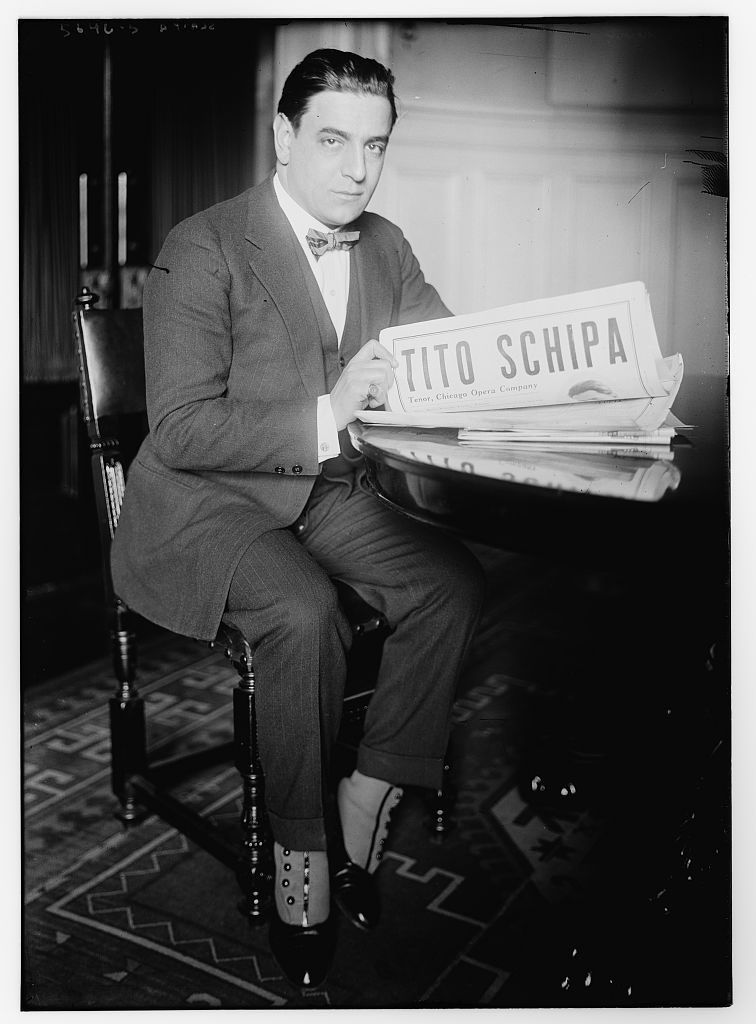
Episode 3: A Tale of Two Families: the Grunwalds and the Wistinetzkis
In July 2017, the Hammer will launch its digital archive Loss and Restitution: The Story of the Grunwald Family Collection, exploring the life of Fred Grunwald, a businessman and collector whose donation of prints to UCLA created the foundation of what is now the UCLA Grunwald Center for the Graphic Arts. In this 7-part blog series, project researchers Kirk Nickel and Maia Woolner will share how they recreated Grunwald's story through archival research, from his early collecting days in Germany to the seizure of his collection by the Gestapo to his emigration to the United States and rebuilding his collection.
As Fred Grunwald’s son Ernest tells the story, his father was fortunate to have Hermann Wistinetzki as a brother-in-law. Hermann, who was many years older than Fred, had married Fred’s sister Irma before the First World War. After the war, when Fred and Trude were newlyweds, it was Herman who introduced Fred to the business of shirt manufacturing and helped the young couple begin their new life. Roughly twenty years later, when the Grunwalds landed in the port of Los Angeles on March 20, 1939, we see them list Irma Wistinetzki as their nearest relative in their country of origin. In fact, Irma had left Germany a year before. By 1939, the Wistinetzki family had already begun its own process of emigrating from Germany—a process that was both protracted and tragically incomplete.
Ilse, the eldest of Hermann’s and Irma’s two daughters, was in Italy in 1935, and she appears to have been associated with the Teatro dell’Opera in Rome. In the autumn of that year, Ilse and an Elena Serafinelli (also affiliated with the Opera) together boarded a ship in Naples, both women listing their contact in Italy as “Tito Schipa,” the renowned tenor. Schipa must have facilitated their trip, because they also listed their destination at “Chicago Opera Co.”—the Chicago Civic Opera—where Schipa spent many years performing.

Whether Ilse made it to Chicago we don’t know, but two and a half years later her address on East 82nd Street in New York is listed as her mother’s destination when Irma left the port of Hamburg in March 1938. So, Irma left Germany nearly a year before the Grunwalds would leave the country through the same port. We can only speculate about why, in 1939, Fred listed Irma as still residing at Selmaweg 11 in Wuppertal. Perhaps he was trying to protect those members of his sister’s family that had not yet left their home. Ellen, the youngest Wistinetzki daughter, had left Europe through La Havre, France in September 1938, but when the Grunwalds sailed from Hamburg, Hermann had stayed behind in Wuppertal.
Hermann would not join his wife, daughters, and in-laws in the United States. The “Database of Persecuted Jews in Wuppertal” records that he was deported from the city in April 1942. He was taken to the Izbica Ghetto in eastern Poland, where he almost certainly died in one of the nearby extermination camps. Hermann’s final years are not mentioned in Ernest Grunwald’s account of his own family’s flight from Germany, and it is not at all clear that he could have known the details of his uncle’s death. Still, the Wistinetzkis’ story presents a sobering, if hardly unique, foil to the Grunwalds’ own harrowing passage to a new life in Los Angeles.




